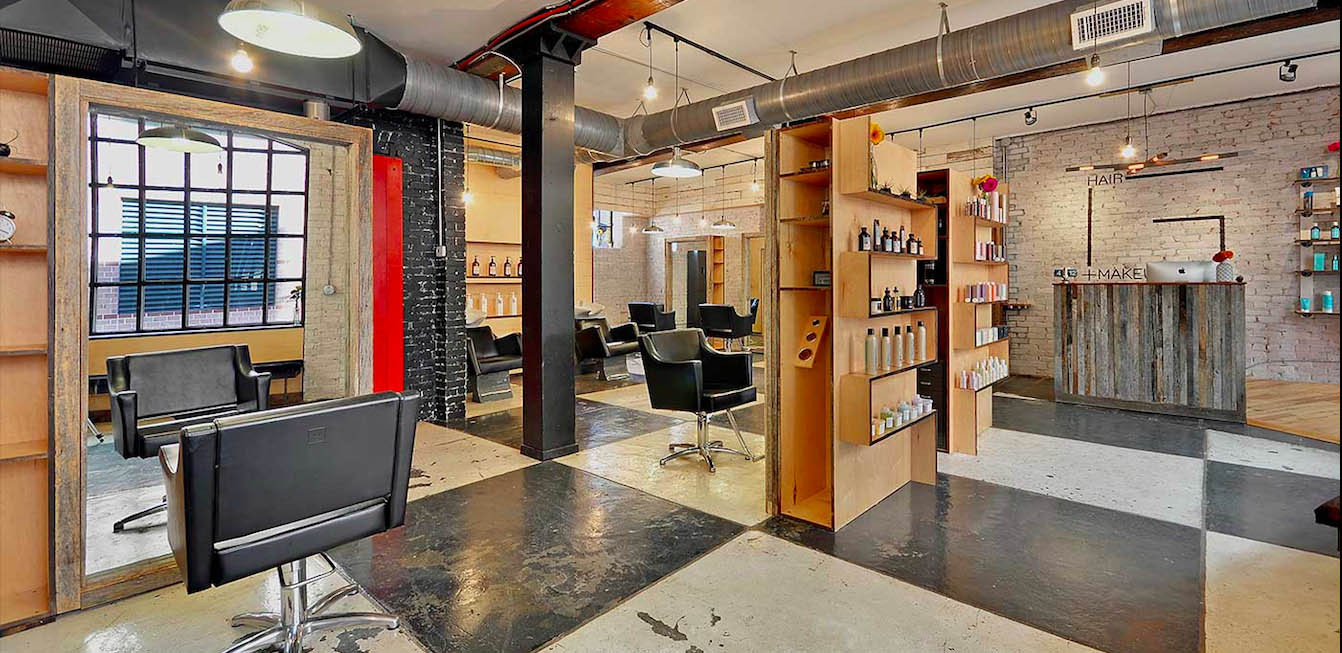
The Truth About Sulfates & Hair Extensions
There are many do’s and don’ts that the experts in any hair Salon can tell you when it comes to using shampoos … but most of us are aware of only a few of them.
Certain products which contain sulfates make our hair dry and cause the hair to look like straw-like and frizzy. This becomes a serious factor when it comes to hair extensions … one has to be doubly careful of what we choose to take care of them. So, without further ado, here are the facts of why sulfates are BAD for hair extensions.
What are the Sulfates that we are Talking About?
Sulfate – a salt or ester of sulfuric acid, containing the anion SO42− or the divalent group —OSO2O.
The best way to deal with the enemy is to identify the culprit first and sulfates come to top of the list. Sulfates are used in shampoos because they are the cleaning agents but the trouble starts when they do their job too well. Shampoos are used to clean our hair and scalp of dirt but sulfates remove almost all the natural oils produced by our scalp to nourish the hair. You can identify a product that has this chemical by the lather and froth that it produces. Regular washes with such a product will eventually have the hair looking dry and rough.
For more great articles on hair care, style, and makeup visit the blog at Charleston Hair and Makeup
So Why are Sulfates Bad for Hair Extensions?
As hair extensions are exactly that – extensions, they are not part of the natural growing hair and hence, have no way of receiving nourishment. Natural hair will eventually receive oils from the scalp and will get rejuvenated but hair extensions have no way of getting nourishment after the sulfates have cleaned them of their oils.
Babe Hair Extensions (some of the best extensions on the market) are made of natural human hair and could become brittle and coarse after a few sulfate-y shampoo washes. Eventually, you will notice that the hair extensions are looking dull and even colorless as sulfates are also capable of removing the color of them.
Featured Article – 4 Deadly Mistakes When Visiting Hair Salons
How to Identify Whether Your Shampoo Has Sulfates?
A little research should do the trick and you can find out whether the shampoo has sulfates by reading the list of ingredients on the packaging. Any chemical name ending with “sulfate” is a definite no-no. Shampoos made for sensitive scalps and natural cleansers are usually without sulfates. So you can congratulate yourself on having extended the life of your hair extensions when you do the research on products. The best way to know what to use for your particular set of extensions is to ask the stylists at you hair salon. Some salons have stylists that are particularly knowledgeable in this area and can give you the correct advice.
Alternate Products
If you can find sulfate-free shampoos in beauty supply stores, and buying them is the best decision you can make to save your hair and hair extensions. However, if you are not happy with your search results, then you can ask your hair salon professional to suggest you a few shampoos without this ingredient. This is actually the best way to know what to use for your particular set of extensions -ask the stylists at you hair salon. Some salons have stylists that are particularly knowledgeable in this area and can give you detailed advice.
Products that are free of this chemical might not produce much lather and they are gentle cleansers. So they might not clean as well as a regular sulfate shampoo but they will certainly take care of your extensions as well as your hair.
Conversely, people with extremely oily hair might find that they require the regular sulfate products. This is further proof that you have to consider what your hair type requires and what your stylist recommends for your hair.




